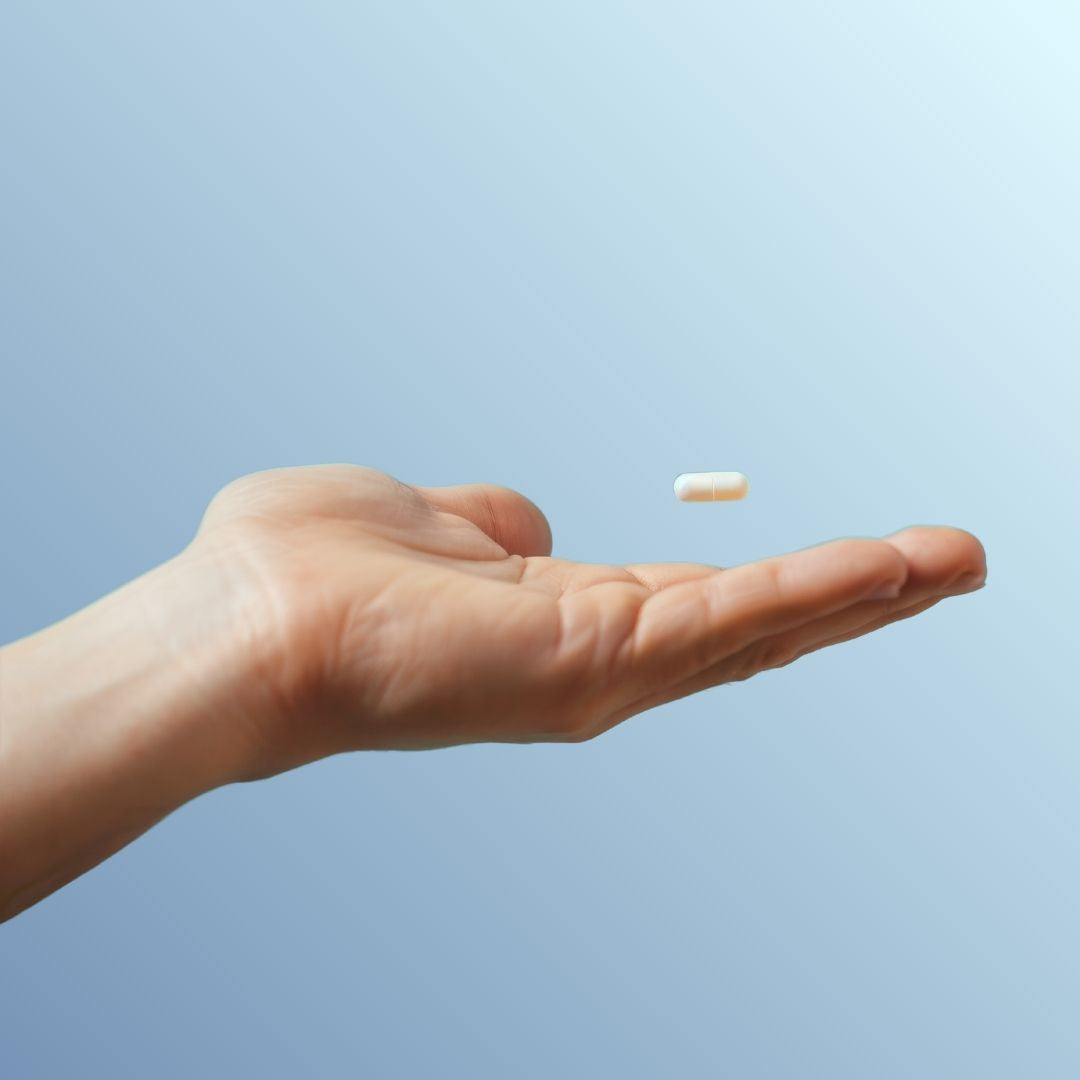Introduction
David Sinclair is a very well known scientist who has been studying all about aging and its intricate mechanisms on the body. He recommends that taking supplements will greatly help you in the fight against aging. But is it really necessary to think of aging as a disease? Every cell has its own time limit etched within the DNA and forcing cells to live forever doesn’t really sound very realistic. However, if we think of aging as a phenomenon which can be controlled if we make the right choices everyday, then what is stopping you from enjoying what you do even after you retire? Let us try to understand why aging is an important part of life and that aging in the right way matters more than just racking up the years.
Which Vitamins And Minerals Boost Longevity?
Vitamins and minerals are easy to come by in your diet, if you tend to include a lot of variety with respect to fruits, vegetables and protein sources. Whole grains are good carbohydrate sources and they provide you with some vitamins and minerals too. You need all of them for your body to function well, but if longevity is your major health goal, then vitamins and minerals that help reduce oxidative damage and help regulate antiinflammatory pathways are the ones you should go for. Examples include the B group of vitamins, C, E, D, Magnesium, Calcium, iron, iodine, and zinc respectively.
How Supplements Can Boost Energy And Slow Aging
Aging is a collection of processes that involve damage to DNA, the shortening of the arms of the chromosomes (telomeres), the accumulation of mutations in DNA that cause it to be transcribed in the wrong way and other cellular pathways not working quite like they are supposed to. But, aging is inevitable and the only thing you can do is to try to age better- by ensuring that your cells stay healthy for longer. Making sustainable changes to your daily routine is one sure fire way to go about doing that, but when you do decide to add supplements, do so smartly. Adding those which help you improve energy levels, reduce oxidation and also aid your immune system in regulating inflammation will hence be useful. One sure fire way that works all the time is to go for supplements that mimic calorie restriction like resveratrol and also fasting in real life, few times in a month.
Other supplements like epigallocatechin gallate (EGCG), curcumin from turmeric, collagen, CoQ10 which has antioxidant properties, NAD+ precursors and resveratrol have all been studied for their ability to promote healthy aging in cells.
Does Taking NAD+ Supplements Help With Aging?
NAD+ levels tend to decrease sharply once you are in your 30s. NAD+ is an important molecule that cells need to function well. But, NAD+ cannot be taken as a supplement all by itself because it is a huge molecule that cannot enter cells easily. Taking precursor molecules as supplements makes much more sense as cells like to make NAD+ from scratch- which is why NMN and NR are great options.
Conclusion
The supplement industry is a huge one with billions being invested into it. While most supplements can be helpful if taken in the right doses at the right times, there is no way they can prevent aging itself from occurring. So, instead of looking for magical solutions which won’t ever work, it is time you start paying attention to your daily routine and the food you eat. Supplements can be an assistive device but should never be used as a crutch for you to get through life. When you do want to include supplements to your routine, make sure you do your research- so you understand how they align with your specific health goals and then talk to your doctor about them.
FAQs
1. Do anti-aging supplements actually work?
Supplements in general cannot help you stop aging but if you take them, eat proper meals, get enough exercise and focus on getting a night’s sleep, then you are setting yourself up for better health and living for long.
2. Can collagen supplements really reduce wrinkles and improve skin elasticity?
Yes, studies have shown that hydration of skin gets better, along with other parameters like elasticity, wrinkling and better texture. Collagen is also good for the muscles and joints.
3. How do NMN and resveratrol help with longevity?
Both supplements help in increasing NAD+ levels in the body, which means more sirtuins get activated. SIRT1 is an important protein that helps cells in the body regulate aging, cell death and autophagy related pathways. They can work together and are generally well tolerated by most of the population.
4. Can taking antioxidants reverse signs of aging?
Antioxidants in general help reduce DNA damage caused by the production of superoxide molecules- which are normal but toxic byproducts of metabolism. With respect to skin cells, there is an improvement in skin texture, hydration and elasticity and also protect them from damage caused due to sunlight and pollutants. Some common examples include carotenoids or those molecules that are responsible for giving vegetables and fruits their vivid colours, polyphenols and Vitamin C respectively.
5. Are there any risks or side effects of taking anti-aging supplements?
You should always talk to your doctor about taking them in the right doses as high amounts can cause issues or interact unnecessarily with drugs you take on a regular basis.





